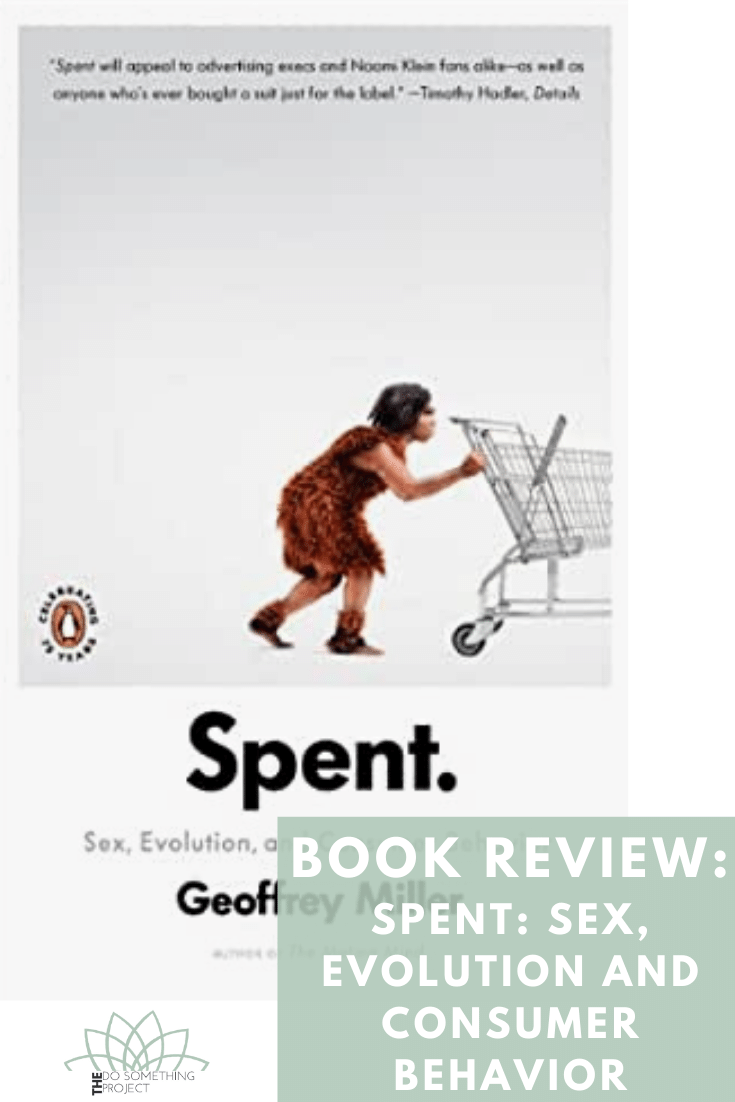Individuals work hard mostly because they want to show off to others.
Some weekends are quietly spent on the couch reading. While this weekend was not one of them, I was able to find some time to finally finish this interesting read by Geoffrey Miller called Spent: Sex, Evolution and Consumer Behavior. Below are his TED Talk and some of my very brief note if you don't have to read the book.
I've been reading a lot about consumerism and materialism and he brings up many good points about why we buy. Here are a few of the points that I noted from his book:
“...basic survival goods are cheap, whereas narcissistic self-stimulation and social display products are expensive. Living doesn’t cost much, but showing off does.”
“...celebrities are portrayed in ads not just for their name recognition, but for the distinctive traits they are believed to have... (ie. Jennifer Aniston for SmartWater)”
“Consumerism actually promotes two big lies: one is that above average products can compensate for below-average traits when one is trying to build serious long-term relationships...a second big lie...products offer more cooler, more impressive ways to display our desirable traits than any natural behaviors could provide.”
“...all ads effectively have two audiences: potential buyers and potential product viewers who will credit the product owners with various desirable traits. The ad viewer himself need not believe the brand has any logical or statistical link to the aspirational trait...simply that the other ad viewers from his social circle will perceive such a link”
Consumerism promotes two big lies.
The Central Six
Geoffrey Miller the "Central Six" traits that all humans share. These are the fundamental traits that we try to display to one another through goods and services we buy. It can best be remembered by the acronym: GOCASE - general intelligence, openness, conscientiousness, agreeableness, stability, and extraversion.
I spent the weekend trying to see if I could determine random people's trait by observation. I took a walk along the river by us where lots of people run, exercise and walk their dogs. If a person was running, I would assign them a high conscientiousness trait as running takes determination, self-control, willpower. If a person was walking their dog, their stability and conscientiousness would be higher because having a dog to me indicates a higher level of responsibility and enough maturity that they can take care of another being. People that ran with their Ivy league alma mater t-shirts, I ranked with high general intelligence based on the assumption that someone who is wearing a Harvard shirt probably went there and was smart and generally hard-working enough to get it. These were superficial observations, but it goes to show how we can perceive others just on the basis of what they wearing or the objects they have. Many times, our assumptions are actually formed by the marketing that we see and that we don't formulate our own opinions.









